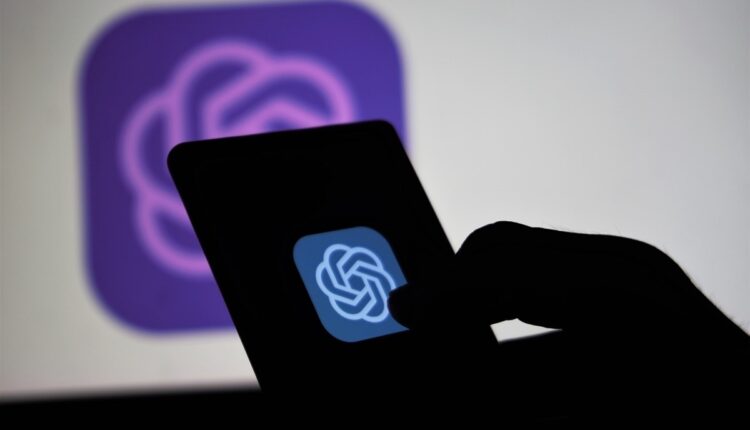G7 agrees code of ethics for Artificial Intelligence
This Monday the agreement reached by the G7 on artificial intelligence was announced, where Japan's proposal for a code of ethics of international standards
The development and implementation of artificial intelligence has generated concern in various global organizations. Its regulation was discussed by the G7, which has reached an agreement to create a discussion forum aimed at establishing international application standards.
There are clashes of opinions on the subject. The United States, on the one hand, opts for controls on the development of AI. On the other hand, some EU countries, such as Germany and France, point out that there must be strict regulation.
But a third proposal has won, that of Japan, concerning the creation of a code of ethics to achieve international standards on the matter. The proposal has been called the “Hiroshima Process on AI”, and it is the one that won at the most recent meeting of the G7 member countries.
The idea of a more flexible discussion forum but that allows guidelines regarding sensitive issues such as the exposure of user data or copyright, has been the intermediate point with respect to the positions of the United States and Europe.
The G7 has thus taken a position regarding a Code of Conduct, or AI Code of Ethics, which already establishes clear rules:
- Before and during deployment: identify, evaluate and mitigate risks.
- Mitigate vulnerabilities and abuse patterns.
- Transparency about limitations and/or inappropriate use.
- Share information responsibly with other organizations.
- Implement measures to protect personal data and intellectual property.
Meanwhile, and in parallel, the United States has launched an “executive order for the regulation of artificial intelligence with requirements equivalent to the Code of Conduct on privacy and security.” The EU, for its part, has had the AI Act for two years, a pioneer in the regulation of this discipline.
The “Hiroshima Process on AI”, the Japanese proposal that has won, proposes a voluntary code. “That is, companies like OpenAI, Google, Meta or Microsoft will not be forced to comply with them. It is not ruled out that these same companies end up signing the agreement, but the G7 leaders have chosen to leave that decision in the hands of these private companies.”
M.Pino
Source: Xataka
(Reference image source: Mojahid Mottakin, Unsplash)
Visit our news channel on Google News and follow us to get accurate, interesting information and stay up to date with everything. You can also see our daily content on Twitter and Instagram


